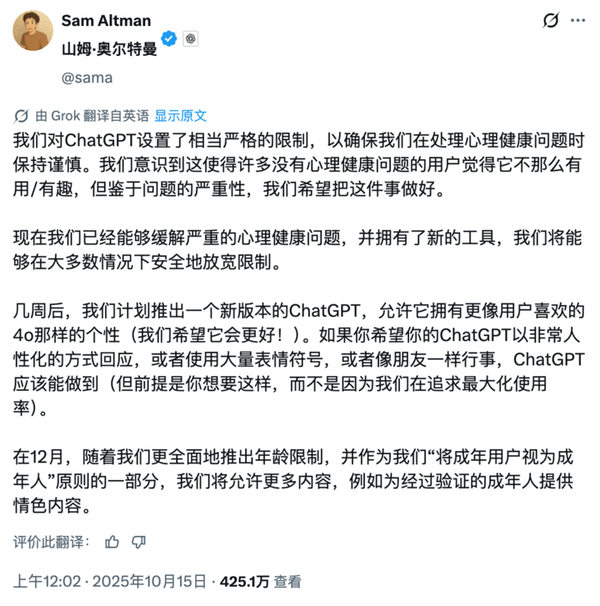Quantum + AI4S! BosonQ Secures Hundreds of Millions in A++ Round Financing

BosonQ Secures Hundreds of Millions in A++ Financing to Accelerate Optical Quantum Computing
Beijing BosonQ Technology Co., Ltd. (“BosonQ”), a leading quantum computing company in China, recently completed its A++ financing round worth hundreds of millions of RMB.
Lead Investors:
- Huade Chuangkechuang
- Nanshan Zhanzhentou
Follow-on Participants:
- Guangfa Xinde
- Hunan Caixin Industrial Fund
- Weide Information (688171)
- Other institutions and listed companies
- Existing shareholder Qifu Capital (increased stake)
---
How BosonQ Will Use the Funds
- Develop new systems: Special-purpose & general-purpose optical quantum computers.
- Advance manufacturing: Optical quantum computing chip fabrication capabilities.
- Build facilities: China’s first large-scale special-purpose optical quantum computer factory (Nanshan, Shenzhen).
- Expand ecosystem: Commercial integration of “Quantum Computing + AI” applications.
---
Industry Context
BosonQ’s financing reflects global momentum around quantum computing investment. Tech giants like NVIDIA have invested in companies pursuing diverse physical approaches:
- PsiQuantum – Optical quantum route
- QuEra – Neutral atom route
- Quantinuum – Ion-trap route
BosonQ stands out for optical quantum computing in China, pushing forward industrialization with stable real machines and mature application ecosystems.
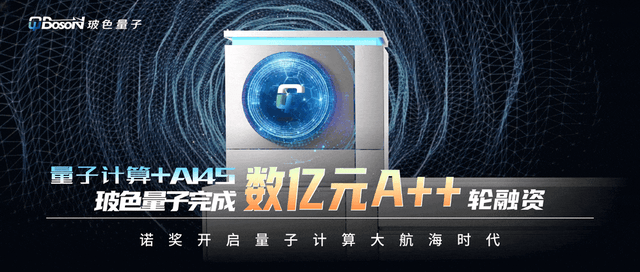
---
Nobel Prize Connection
On October 7, 2025, the Nobel Prize in Physics honored quantum computing pioneers:
- John Clarke
- Michel H. Devoret
- John M. Martinis
Achievement: Discovery of macroscopic quantum tunneling and energy quantization in electric circuits — foundational work for superconducting quantum computing.
This research opened routes toward controlling:
- Macroscopic systems (e.g., superconductors)
- Microscopic systems (e.g., photons, trapped ions, neutral atoms)
Their work serves as a lighthouse guiding both general-purpose and special-purpose quantum computing.
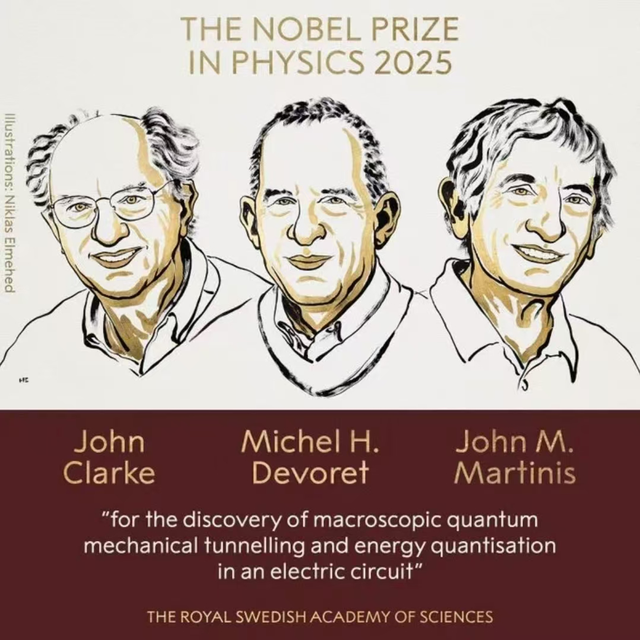
---
General-purpose vs. Special-purpose Quantum Computing
General-purpose
- Capable of arbitrary algorithms.
- Requires breakthroughs in high-precision qubit control, error correction, and gate-level algorithms.
- Goal: Demonstrate quantum advantage in real-world scenarios.
Special-purpose
- Optimized for specific, reusable problem sets.
- Limited scope, but commercially viable earlier in the NISQ era.
- Easier to manage errors and decoherence.
BosonQ’s Strategy: Build both.
- Near-term focus: Special-purpose optical quantum computers for AI, biopharma, and finance.
- Long-term R&D: General-purpose optical quantum computers + quantum–classical hybrid systems.
---
Role of AI and Content Ecosystems
Platforms like AiToEarn官网 integrate AI generation, cross-platform publishing, analytics, and model rankings.
- Channels: Douyin, Kwai, WeChat, Bilibili, Xiaohongshu, Facebook, Instagram, LinkedIn, Threads, YouTube, Pinterest, X (Twitter).
- Potential synergy: Boost outreach for frontier tech like quantum computing.
---
NISQ Reality Check
Current Status
- Systems improve in scalability, connectivity, coherence, fidelity, error correction.
- No physical platform has achieved even one fully fault-tolerant logical qubit.
Special-purpose Systems
- Avoid complexity of universal logic gates.
- Offer higher stability and scalability.
- Already used in production.
---
BosonQ Practical Achievements
- Self-developed 1,000-qubit coherent optical quantum computers.
- Full-chain tools: Problem mapping → Scheduling → State evolution → Optimization.
- Quantum AI training suites (based on PyTorch) open-sourced.
- Stable operation: >12 hours/day at room temperature.
- 9 performance metrics certified by the China Academy of Information and Communications Technology.
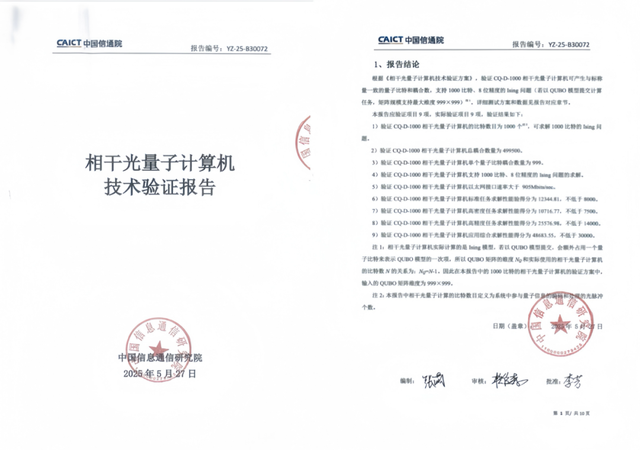
---
Service Usage Stats
- 68 million calls processed.
- 900+ universities.
- 10,000+ developers globally.
---
Quantum AI Advances
Inspired by Geoffrey Hinton’s Boltzmann Machines, BosonQ’s Quantum Boltzmann Machine replaces Gibbs Sampling with quantum sampling, enabling:
- Peptide generation
- Small molecule generation
- Single-cell clustering
- mRNA vaccine optimization
- Proteomics analysis
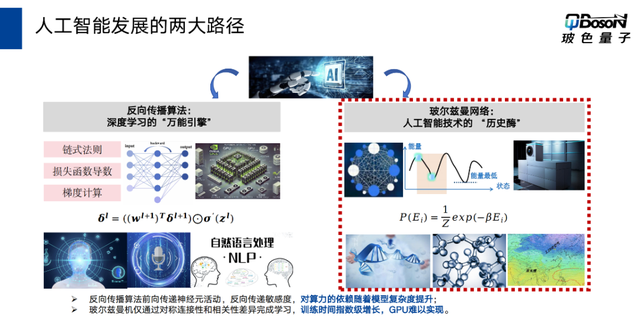
---
Ecosystem Partnerships
BosonQ collaborates with:
- Guangzhou National Laboratory
- Shanghai Jiao Tong University
- Sun Yat-sen University School of Pharmacy
- Beijing Cancer Hospital
- Tsinghua Chang Gung Hospital
Focus areas: Protein structure prediction, molecular screening, peptide docking, and allosteric site prediction.
---
Leadership Comments
Jiang Peixing (Huade Innovation Chairman):
> BosonQ is at the forefront internationally in coherent optical quantum computing power services, driving applications across AI, biomedicine, finance, and energy.
Wen Kai & Ma Yin (BosonQ Founders):
> Post-financing, we’ll amplify “quantum computing + AI” deployments, leading biopharma into a precise, efficient R&D paradigm and driving adoption in multiple industries.
---
Looking Ahead
BosonQ aims to build a Chinese base for quantum computing power across thousands of industries — joining forces with strategic partners to scale both hardware and application ecosystems.
In parallel, open platforms like AiToEarn官网 will empower innovators to monetize and disseminate breakthroughs globally.
---
Would you like me to add a timeline graphic summarizing BosonQ’s funding and technical milestones so readers can scan the story visually? That could make the piece even more engaging.

